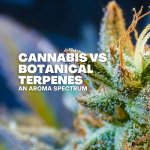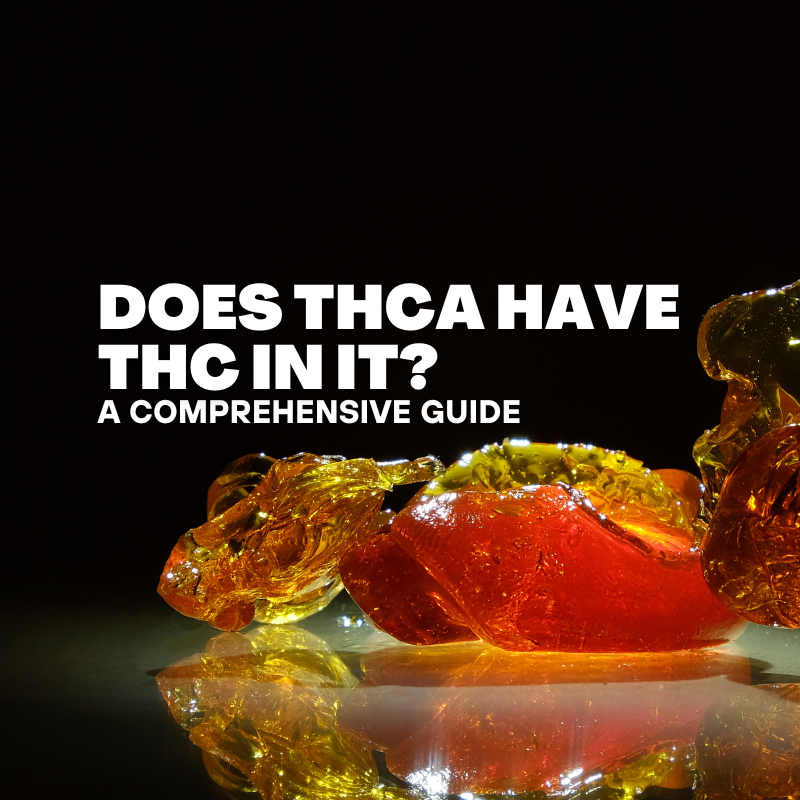In the intricate world of cannabinoids, THCA (tetrahydrocannabinolic acid) often sparks curiosity and questions, particularly surrounding its potential psychoactive properties. One common inquiry is whether THCA contains THC, the renowned psychoactive compound in cannabis. In this comprehensive guide, we’ll unravel the nuances of THCA and explore whether this cannabinoid has THC within its molecular structure.
THCA vs. THC: Unveiling the Chemistry
What is THCA?
THCA is a naturally occurring cannabinoid found in raw and unheated cannabis plants. In its natural state, THCA is non-psychoactive, meaning it does not induce the characteristic “high” associated with THC.
The Decarboxylation Process:
The distinction between THCA and THC lies in a process called decarboxylation. When cannabis is exposed to heat, such as through smoking, vaporization, or cooking, THCA undergoes a chemical transformation. This process removes a carboxyl group, converting THCA into THC. As a result, the psychoactive effects commonly attributed to THC become evident.
THCA and Psychoactivity:
Raw Cannabis Consumption:
Consuming raw cannabis, which includes THCA in its natural state, typically does not produce psychoactive effects. In this form, THCA is more abundant than THC, offering potential health benefits without the euphoric sensations associated with THC.
Activation through Decarboxylation:
To experience the psychoactive effects commonly associated with THC, decarboxylation is necessary. This occurs when cannabis is heated, activating the THCA and transforming it into THC. Methods such as smoking, vaporizing, or baking at a certain temperature initiate this conversion.
Potential Health Benefits of THCA:
While THCA is non-psychoactive, research suggests that it may offer potential therapeutic benefits, including:
Anti-Inflammatory Properties:
- THCA has shown promise in reducing inflammation, making it potentially beneficial for conditions such as arthritis and autoimmune disorders.
Neuroprotective Effects:
- Some studies suggest that THCA may have neuroprotective properties, offering potential benefits for neurodegenerative conditions.
Antiemetic Properties:
- THCA may help alleviate nausea and vomiting, making it a potential option for individuals undergoing chemotherapy or experiencing other forms of nausea.
THCA and THC – Distinct Yet Connected:
In summary, THCA does not inherently contain THC in its chemical structure. Instead, it is a precursor to THC. The psychoactive effects associated with THC are activated through the decarboxylation process, triggered by heat. Raw cannabis, containing THCA, offers potential therapeutic benefits without the psychoactive sensations typically associated with THC.
As the scientific exploration of cannabinoids continues, THCA stands out as a cannabinoid with distinct properties and potential health benefits. Whether you’re seeking non-psychoactive relief or exploring the therapeutic potential of cannabinoids, understanding the relationship between THCA and THC is a key step in navigating the diverse world of cannabis.
Explore the natural wonders of cannabis with Ghost Vapors LLC, where we prioritize education and quality in every cannabis experience. Stay informed, stay empowered, and elevate your understanding of cannabinoids with us.






